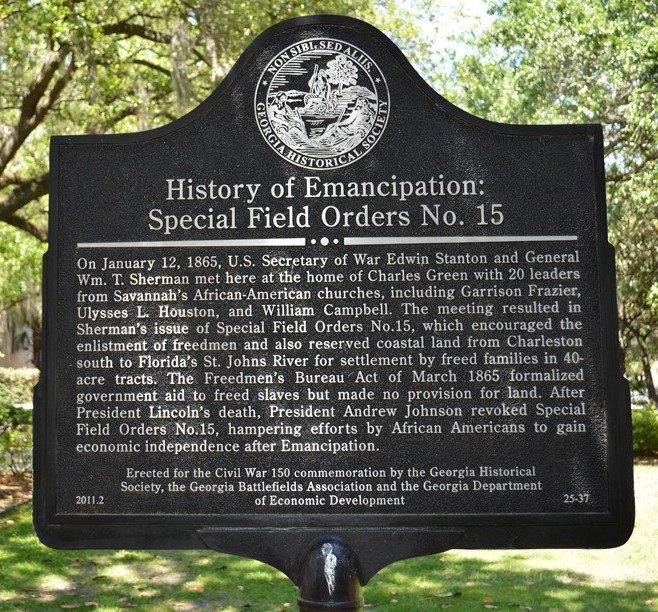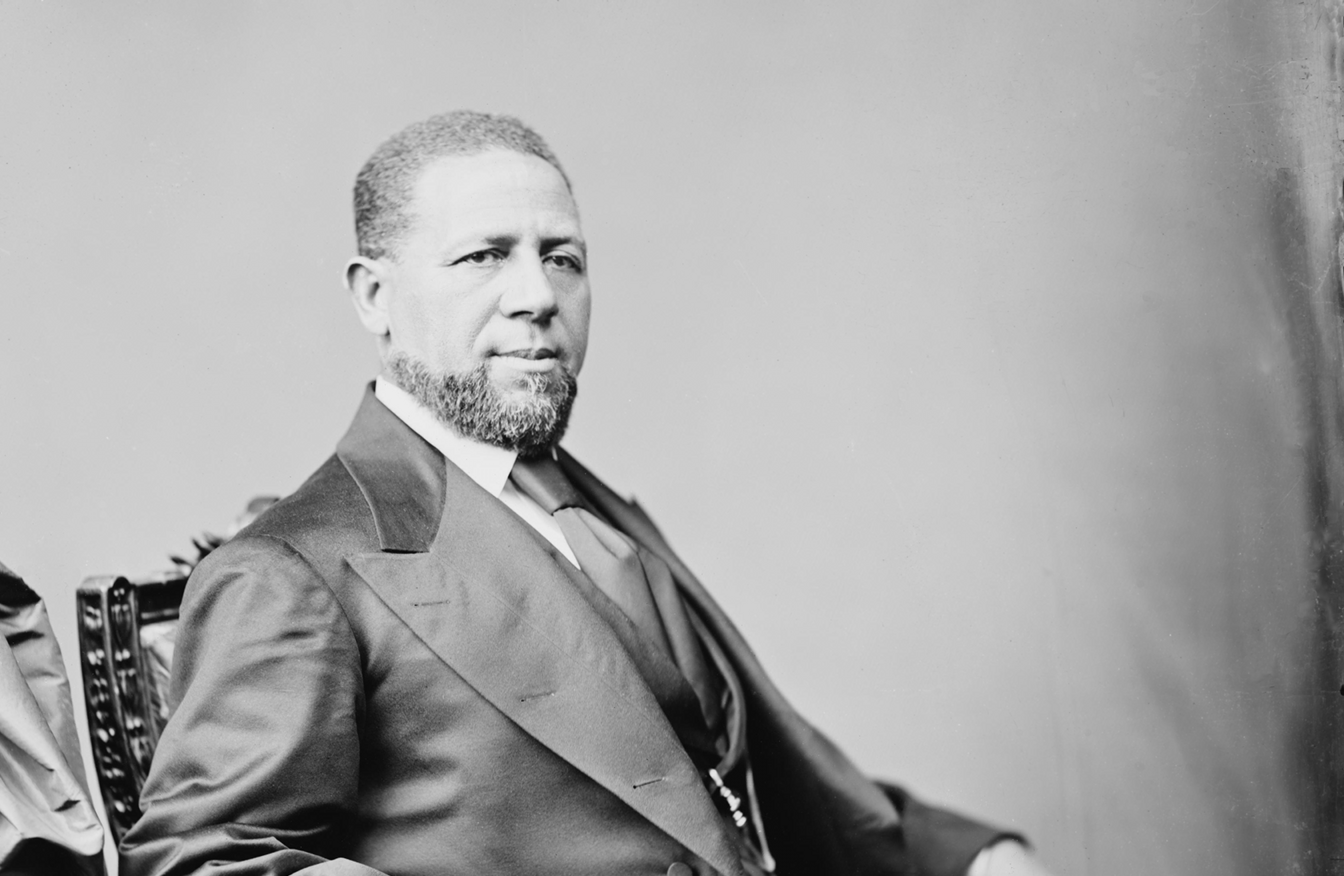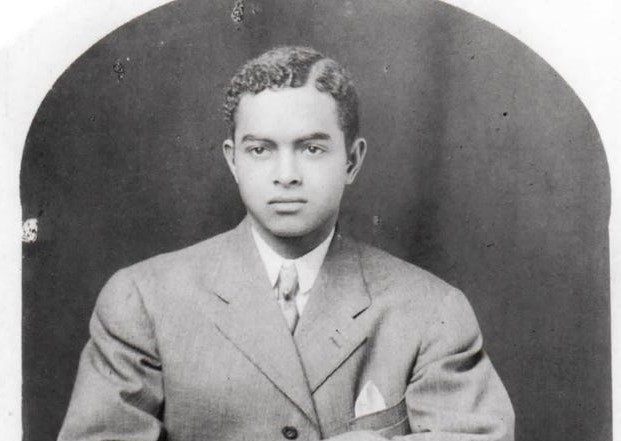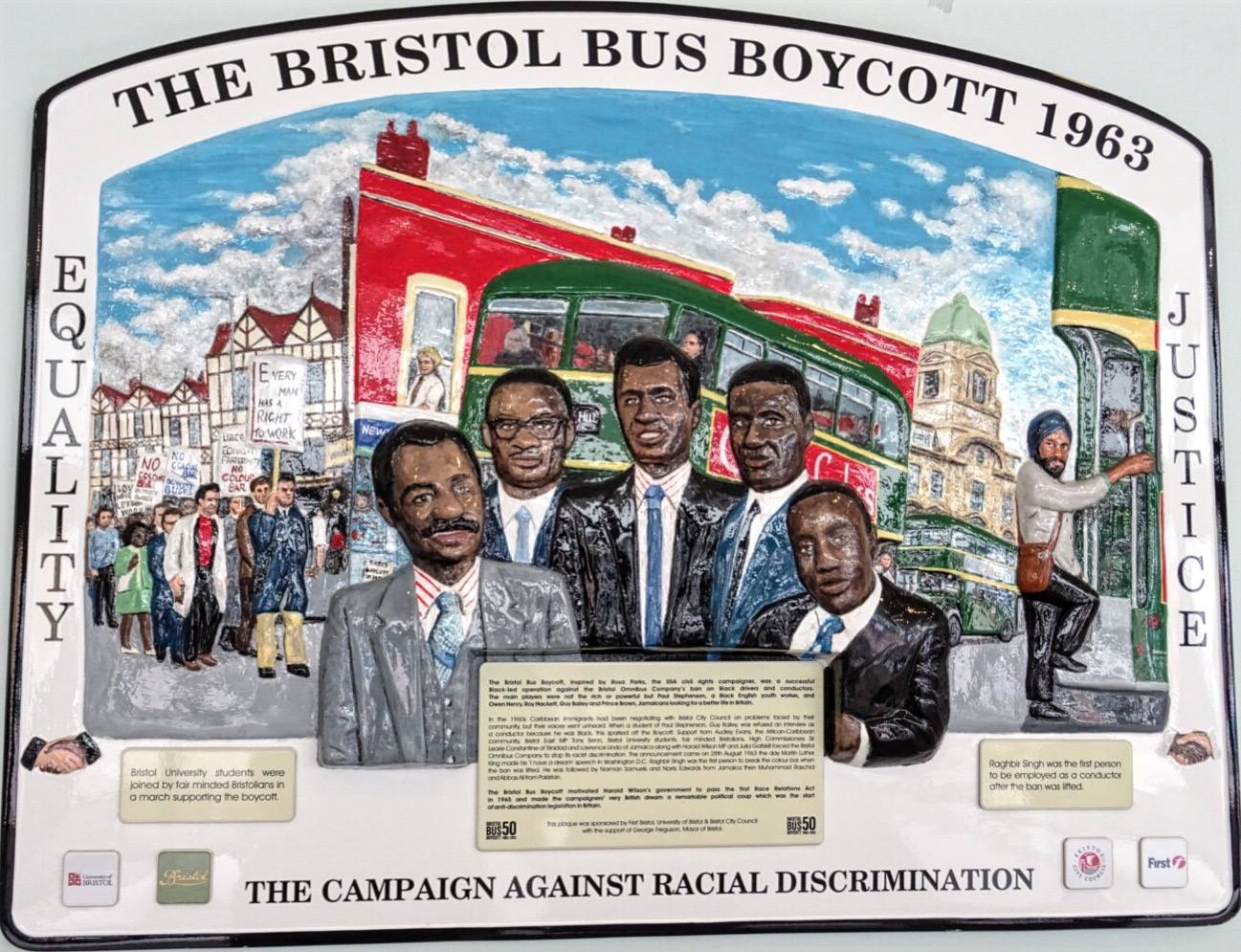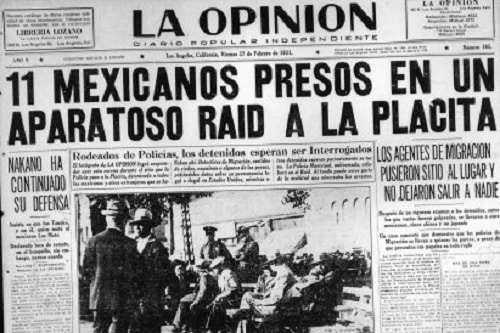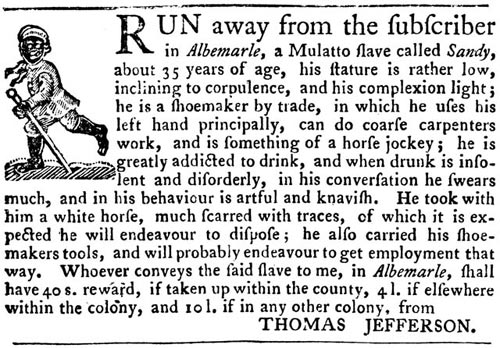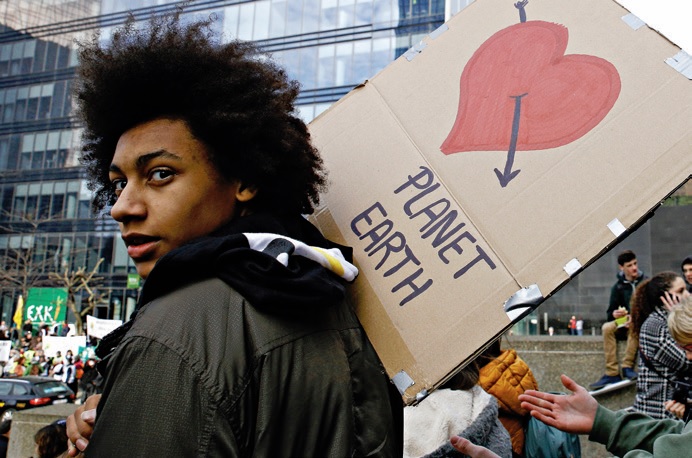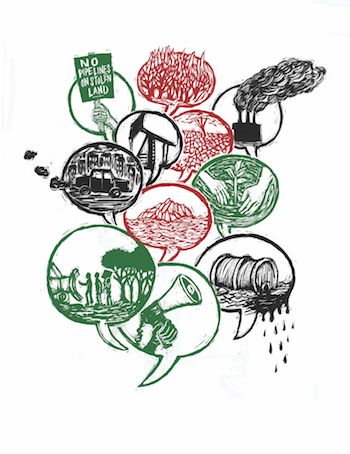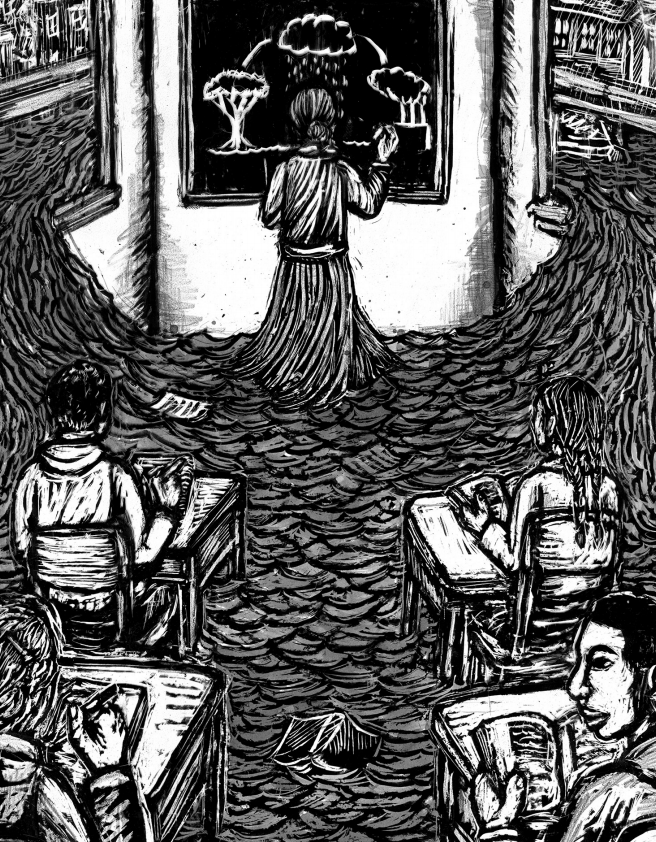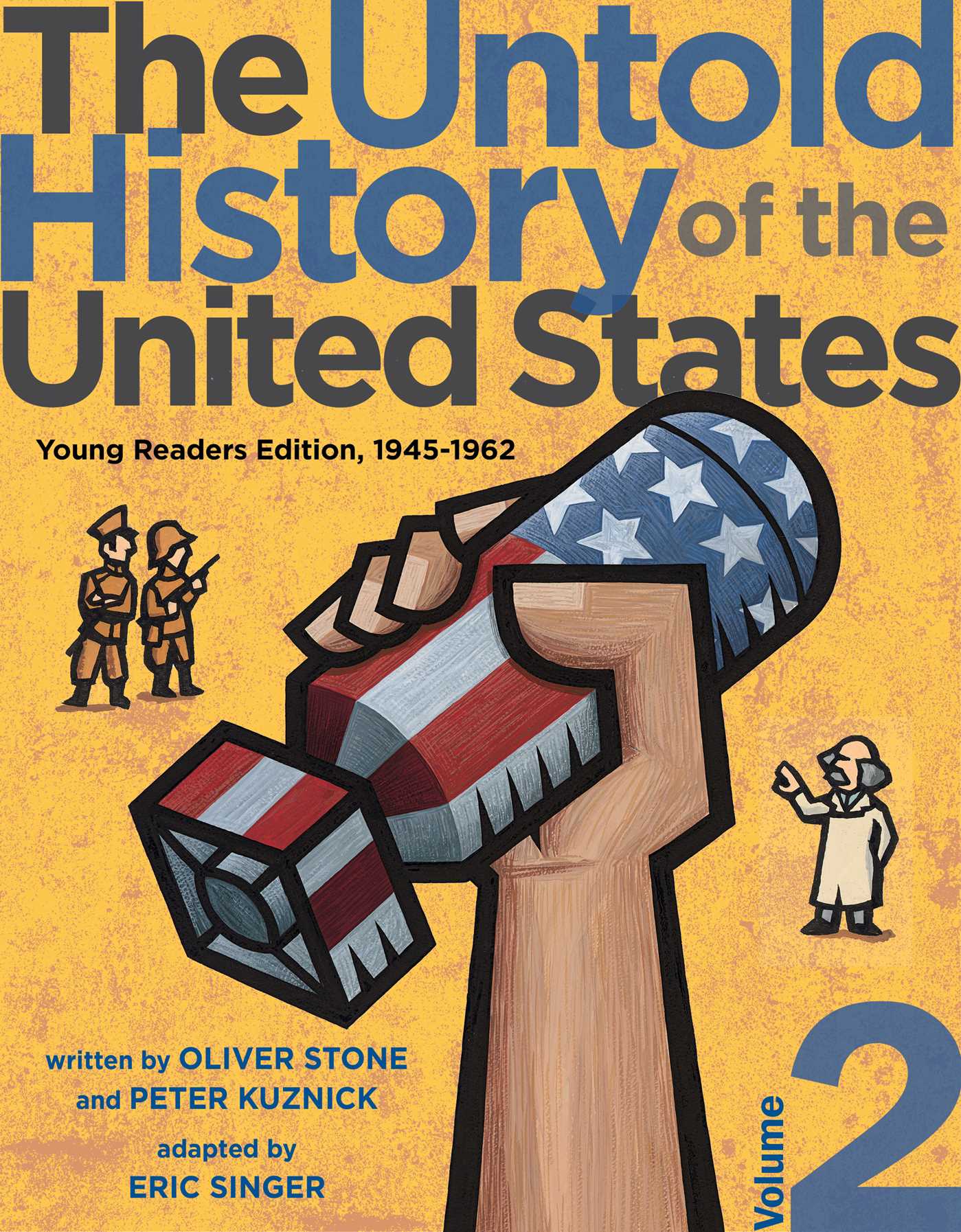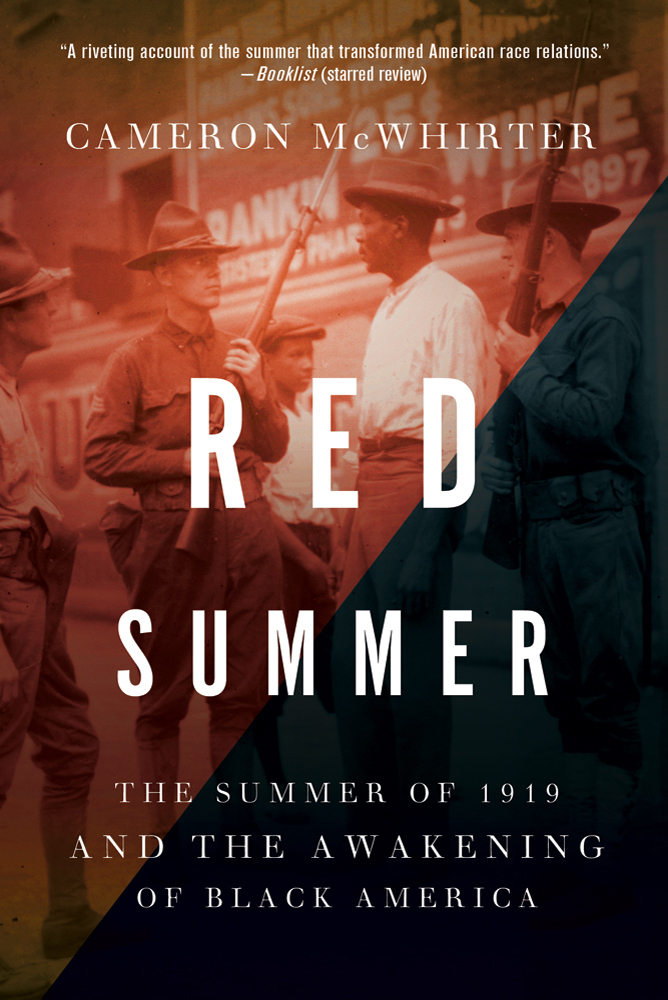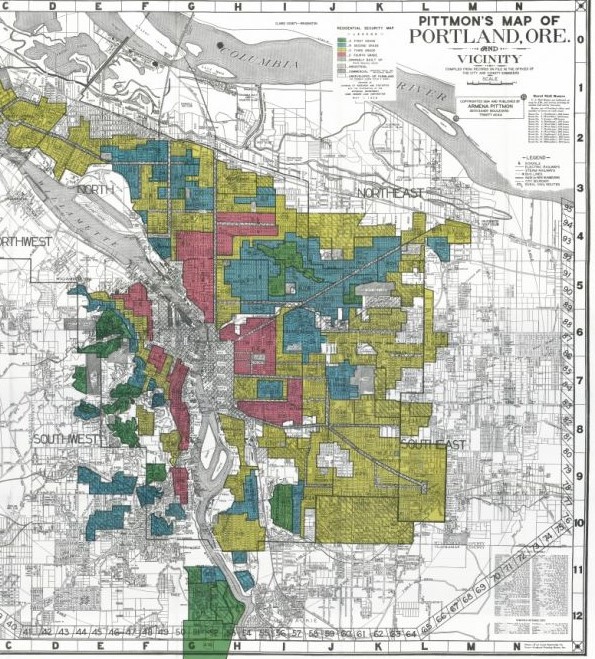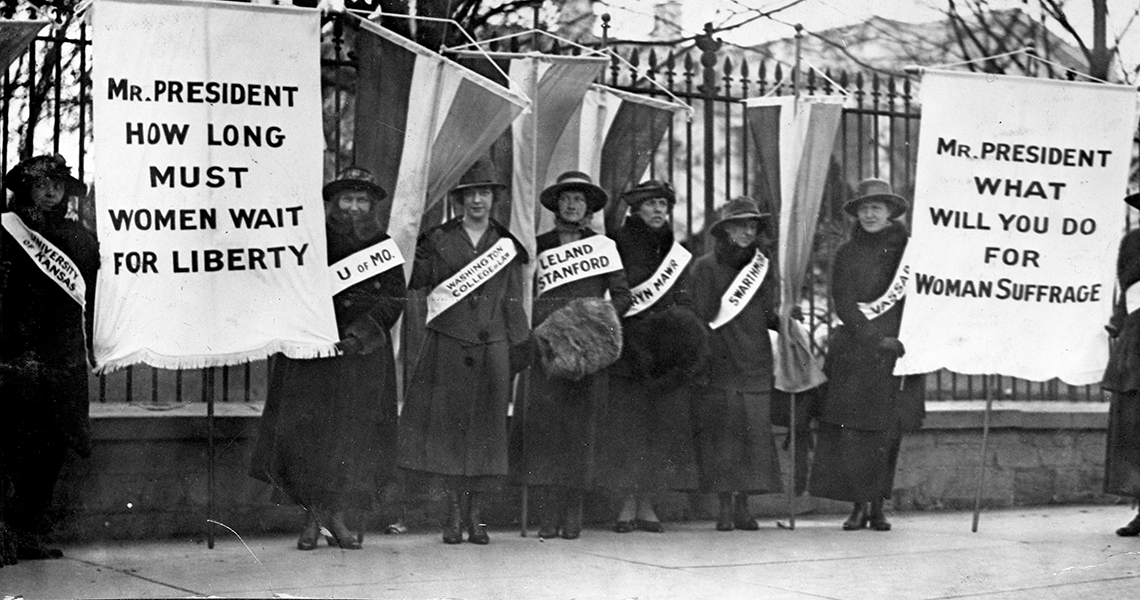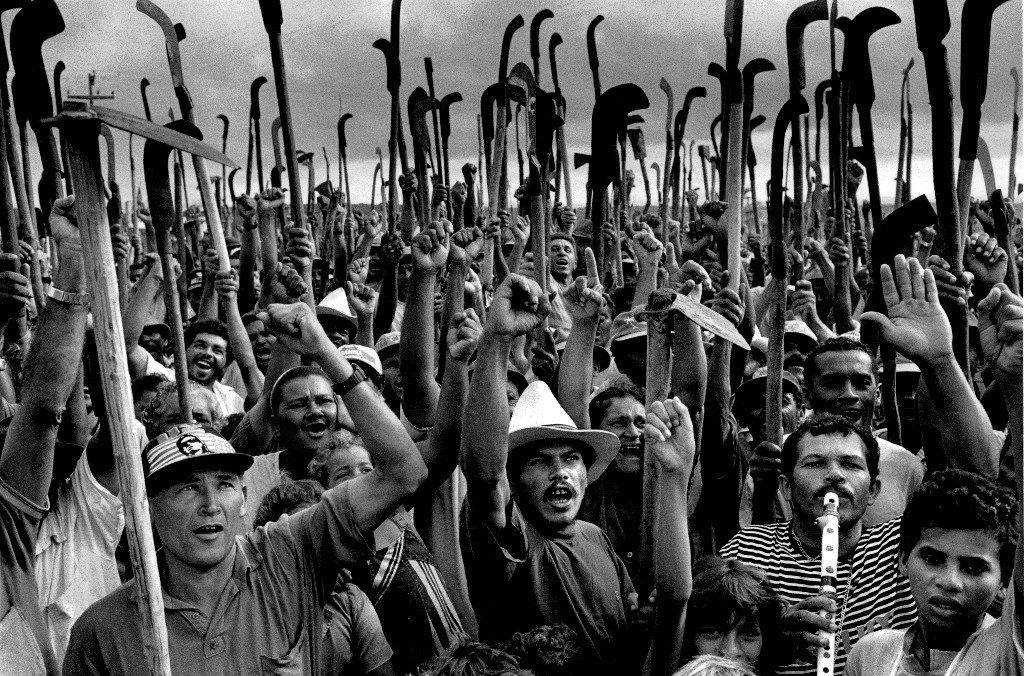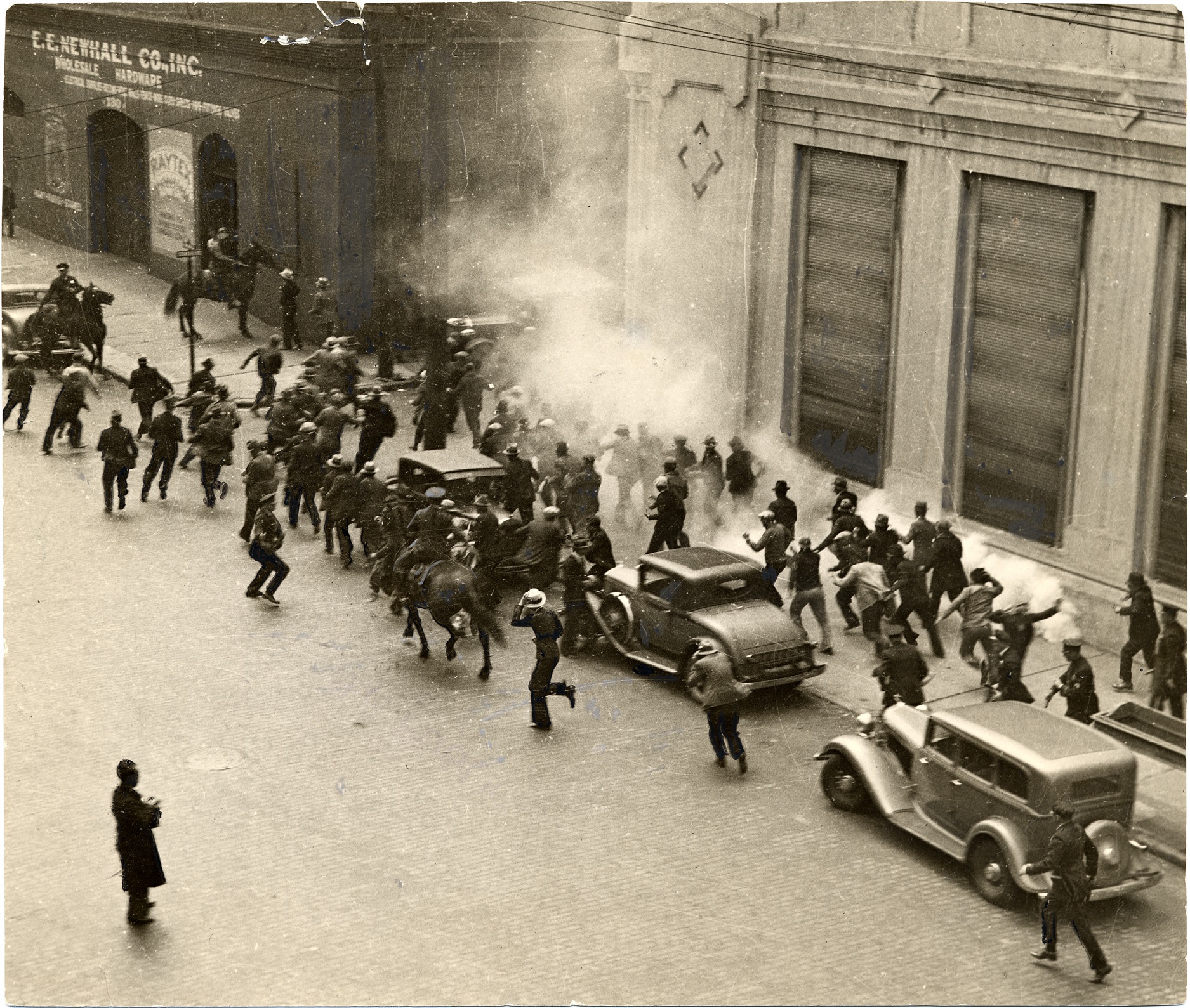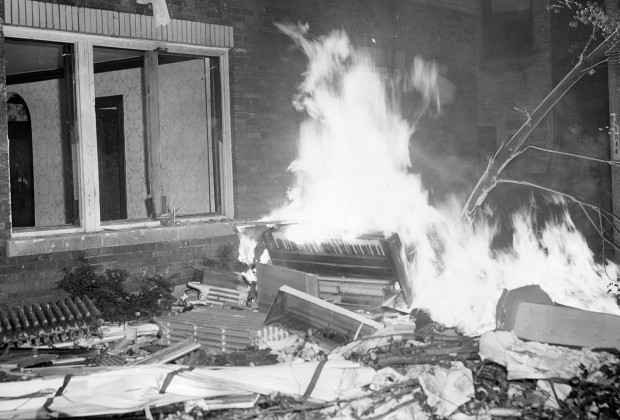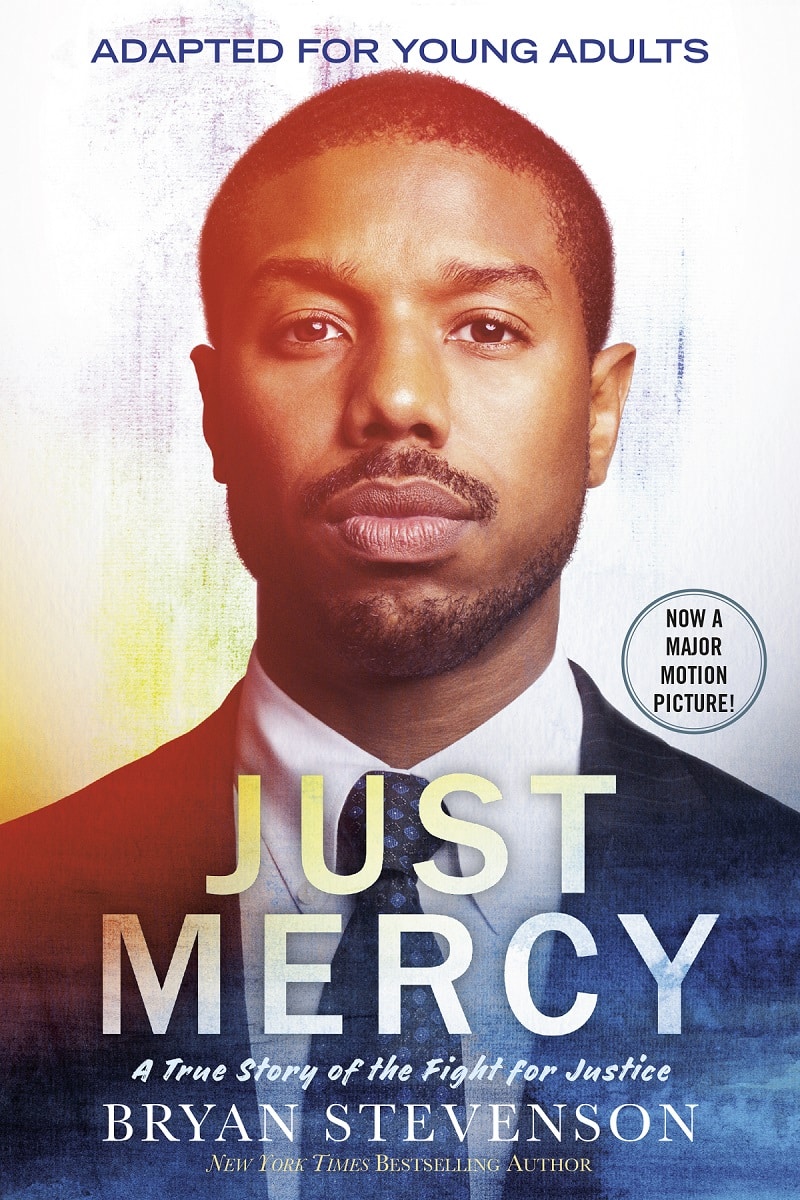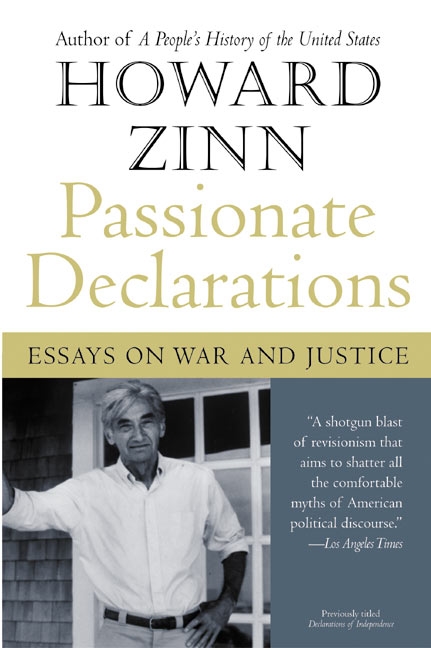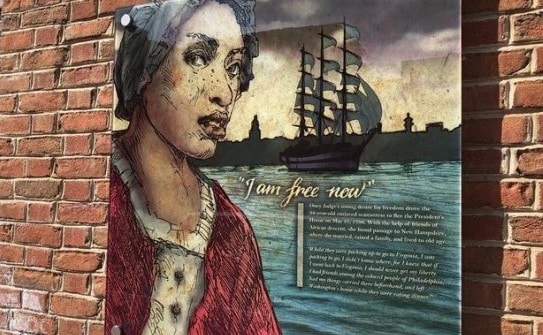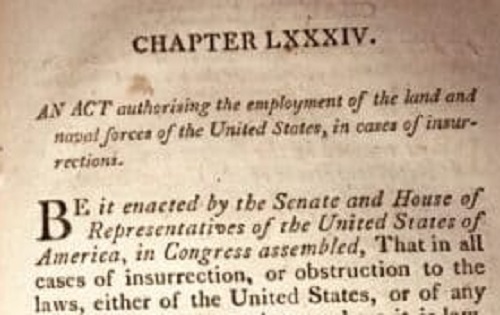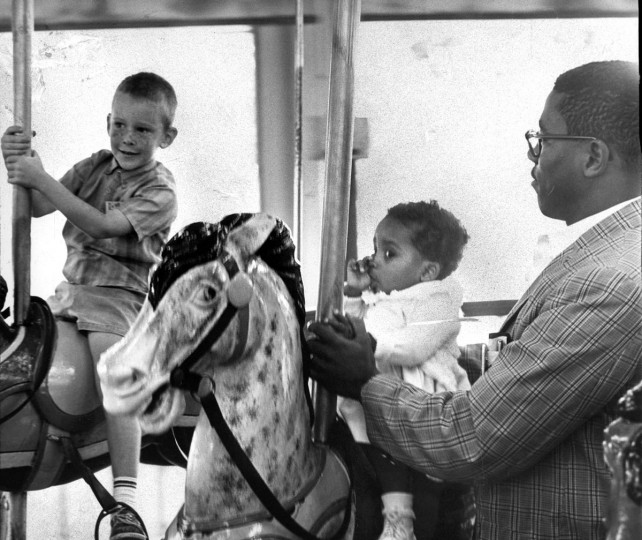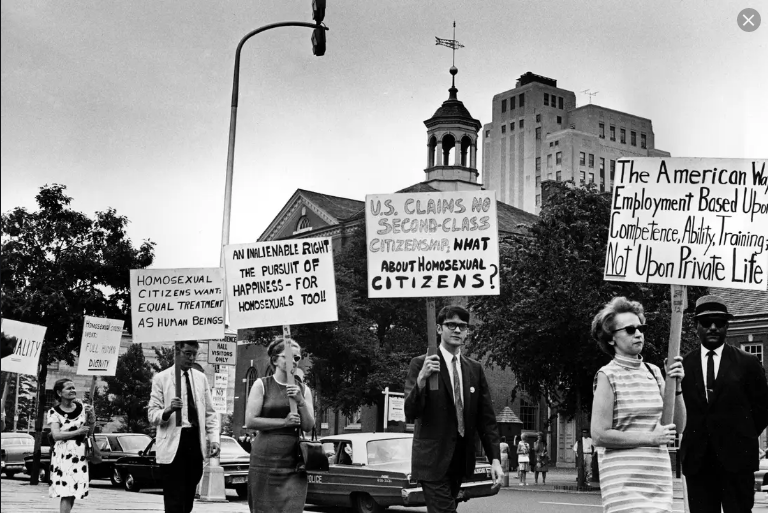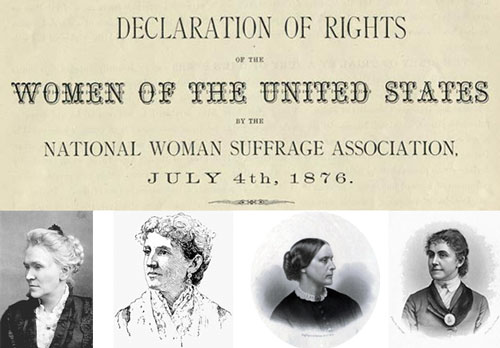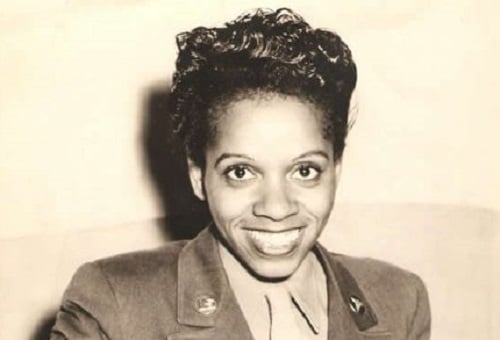Demands by Black ministers after the Ebenezer Creek Massacre led to the short-lived land distribution during Reconstruction known as Special Field Order No. 15.
Continue reading
Hiram Rhodes Revels was the first African American to be elected to serve in the U.S. Senate.
Continue reading
A group of white people rioted after forming a mob to lynch Maurice Mays, a Black man in custody on for the alleged (with no evidence) murder of a white woman in Knoxville, Tennessee.
Continue reading
The Bristol Bus Boycott began in England, inspired by the Montgomery Bus Boycott.
Continue reading
Immigration agents raided La Placita Park where they arrested and deported dozens of Mexican Americans.
Continue reading
Digital collection. Crowdsourcing project that provides access to information, through thousands of print advertisements, about freedom-seekers and their would-be enslavers in the 18th and 19th centuries.
Continue reading
Article. By Bill Bigelow. Rethinking Schools, Spring 2019.
For too long, the fossil fuel industry has tried to buy teachers’ and students’ silence. But teaching climate justice has never been more urgent.
Continue reading
Teaching Activity. By Rowan Shafer. Rethinking Schools.
A teacher adapts the “Climate Change Mixer” designed for older students as a springboard for a unit on global warming and climate justice. She asks, "How could I bring up an issue so big and abstract, so gloom and doom, with 3rd graders? How could I not?"
Continue reading
Teaching Activity. By Bill Bigelow. 2009. Rethinking Schools.
The environmental crisis requires a profound social and curricular rethinking.
Continue reading
Book — Non-fiction. By Oliver Stone and Peter Kuznick. Adapted by Susan Campbell Bartoletti and Eric S. Singer. Vol 1. 2014. 400 pages. Vol 2. 2019. 320 pages.
These are two volumes of illustrated histories, adapted for students from a documentary book and film of the same name.
Continue reading
Book — Non-fiction. By Cameron McWhirter. 2012. 368 pages.
A chronicle of white supremacist violence in major U.S. cities across the nation after World War I.
Continue reading
Teaching Activity. By Ursula Wolfe-Rocca. Rethinking Schools.
The mixer role play is based on Richard Rothstein’s The Color of Law, which shows in exacting detail how government policies segregated every major city in the United States with dire consequences for African Americans.
Continue reading
Congress passed the 19th Amendment to the United States Constitution.
Continue reading
Brazil’s military police gunned down 19 peasant farm workers in the Via Campesina movement who were marching for land sovereignty in 1996.
Continue reading
Teaching Activity. By Adam Sanchez. Rethinking Schools.
Through role play, students explore how different social groups influenced New Deal legislation.
Continue reading
Thousands of white people rioted after a young Black couple moved into an apartment in Cicero, Illinois, west of Chicago. They firebombed the building, overturned police cars, and threw stones at firefighters who tried to put out the fire.
Continue reading
Book — Non-fiction. By Bryan Stevenson. 2019. 288 pages.
This young adult adaptation provides readers a glimpse into the lives of the wrongfully imprisoned.
Continue reading
Receive 10 copies of "The Whistleblower's Handbook" in appreciation for a classroom story about any or all of the lessons from "Teaching the Vietnam War: Beyond the Headlines."
Continue reading
Book — Non-fiction. By Howard Zinn. 2003. 368 pages.
A selection of passionate, honest, and piercing essays looking at political ideology in the United States.
Continue reading
Ona Judge escaped enslavement by U.S. President George Washington.
Continue reading
President Thomas Jefferson put his signature on the law known as the Insurrection Act.
Continue reading
Hundreds of civil rights demonstrators amassed on Gwynn Oak Amusement Park in Baltimore, Maryland, to protest the park’s segregation policy.
Continue reading
Gay and lesbian activists on the east coast protested in front of Independence Hall in Philadelphia to demand equitable treatment and respect.
Continue reading
Members of the National Woman Suffrage Association crashed the Centennial Celebration at Independence Hall in Philadelphia, Pennsylvania, to present the “Declaration of the Rights of Women.”
Continue reading
When WWII veteran Edna Griffin was denied service at a Des Moines drug store, she took the company to court and the lawsuit became a test case.
Continue reading

